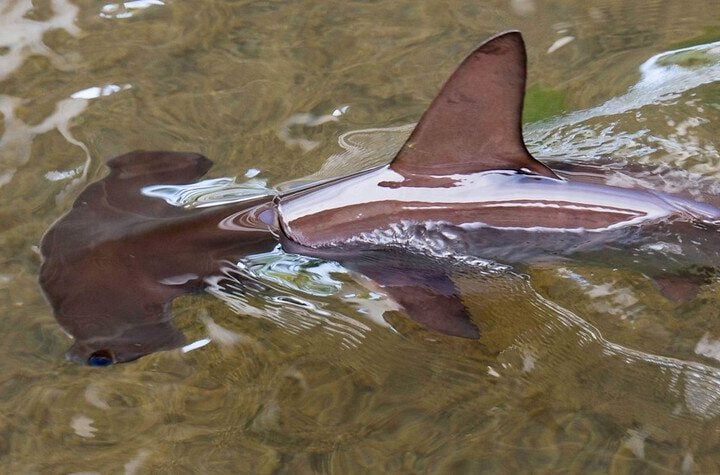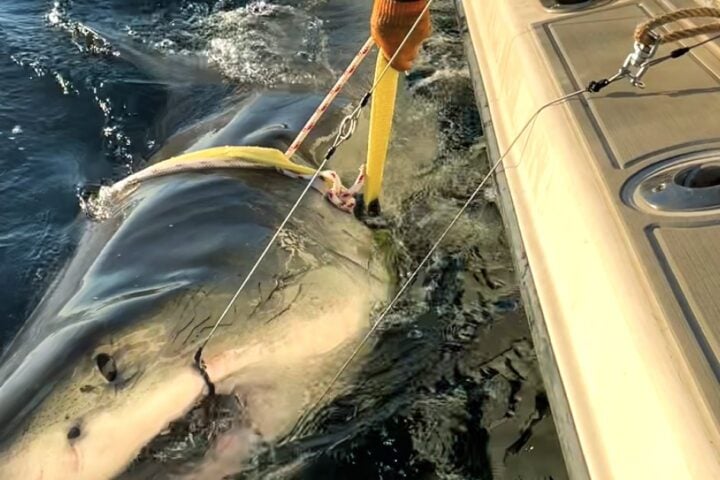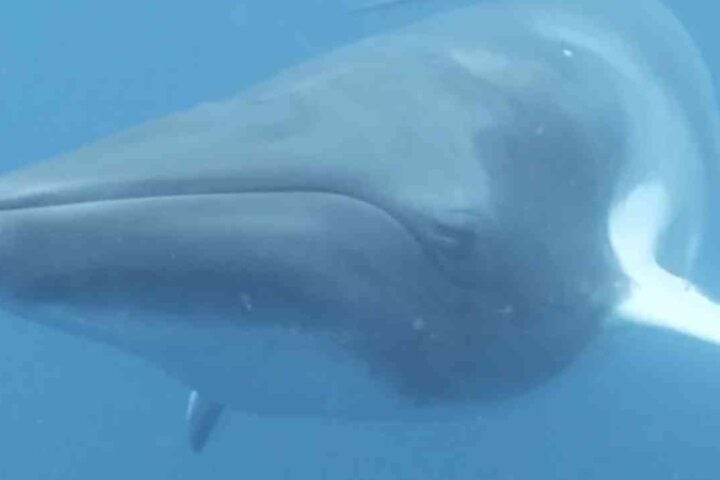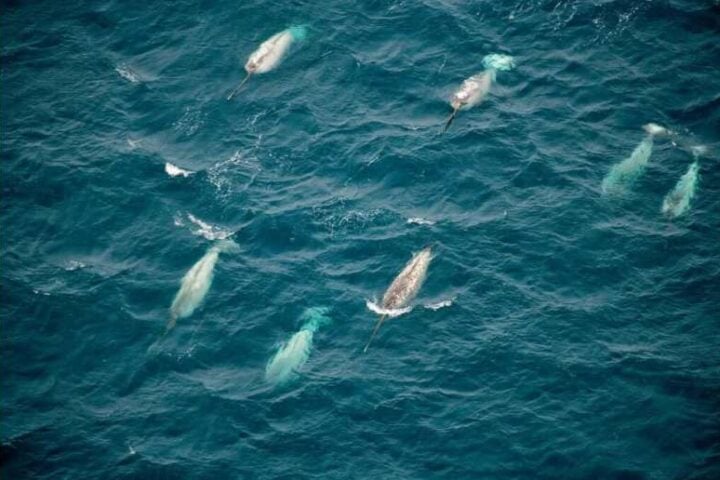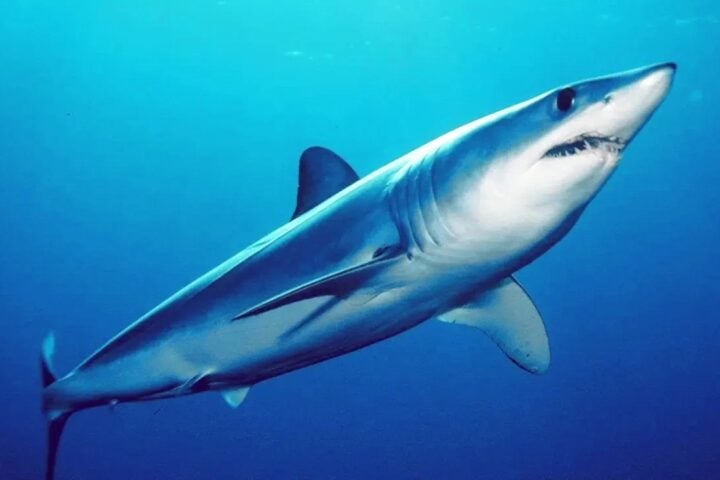By adopting the first-ever international treaty to govern the high seas and vital ecosystems, the United Nations has made a historic achievement. The treaty establishes a legal framework to extend environmental protections to international waters after more than 15 years of discussions and covers over 60% of the Earth’s surface. Antonio Guterres, the UN Secretary General, hailed the pact as a significant step in safeguarding marine Biodiversity and combating the threats posed by climate change, overfishing, overexploitation, and ocean pollution. The delegates representing the 193 member nations applauded the adoption of the treaty with a standing ovation. The aim of the treaty is to address the critical challenges faced by the oceans, including the disruption of weather patterns, ocean currents, and marine ecosystems due to climate change.
Marine Biodiversity faces threats from overfishing, overexploitation, and ocean acidification, with over one-third of fish stocks being harvested unsustainably. Coastal waters are additionally polluted with chemicals, plastics, and human waste, further endangering marine life. A new UN body is established by the treaty to manage the conservation of ocean life and create marine protected areas in the high seas. It sets ground rules for conducting environmental impact assessments for commercial activities in the oceans. It is crucial to protect the high seas Biodiversity because oceans play a vital role in producing oxygen, absorbing carbon dioxide, and hosting diverse ecosystems. For more than 20 years, efforts to develop a treaty for biodiversity protection in the high seas have been going on.
Similar Post
Progress, however, was repeatedly stalled until March, when delegates agreed on the final text, subject to legal scrutiny and translation into the UN’s official languages. On September 20, the treaty will be open for signatures during the annual meeting of world leaders at the UN General Assembly and will take effect upon ratification by 60 countries. The sharing of benefits from “marine genetic resources” collected through scientific research in international waters is addressed by the accord. Developing countries fought for benefit-sharing rights to ensure they have a stake in the commercialization of these resources, including potential discoveries for medicine and cosmetics. Receiving widespread praise, the treaty was distanced by Russia from the consensus, calling the text “unacceptable” and claiming it undermines existing international agreements.
The argument of Russia was that the treaty lacks a reasonable balance between conserving and sustainably using ocean resources and criticizes the absence of checks and balances against politicizing marine conservation areas. In order to protect 30% of land and water important for Biodiversity by 2030, known as “30 by 30”, the adoption of this treaty follows the commitment made by world governments in Montreal in December. The treaty was applauded by environmental organizations, such as the High Seas Alliance and Greenpeace, as a significant step towards dean protection, while they urged countries to ratify it swiftly to safeguard the lives, livelihoods, and resilience of billions of people in the face of climate change. A historic milestone in global efforts to protect marine ecosystems was marked by the adoption of an international treaty for the high seas. A legal framework established by the treaty, conservation measures, and benefit-sharing principles will contribute to the preservation of biodiversity, the reduction of climate change, and the sustainable use of ocean resources.



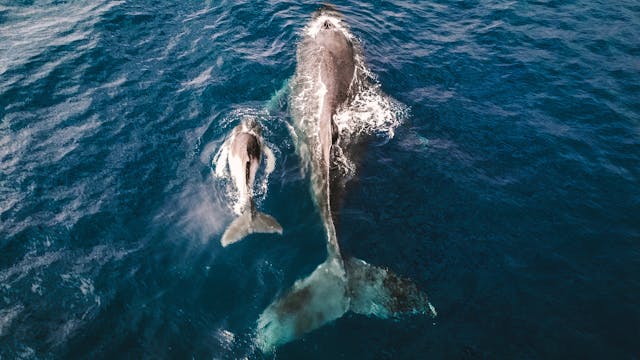
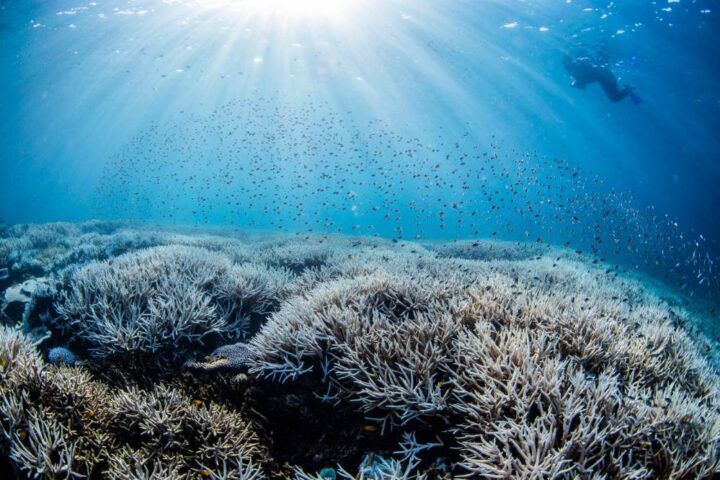
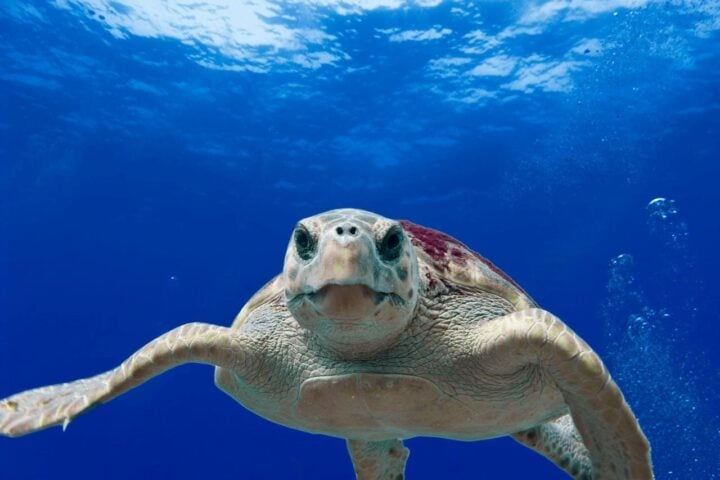
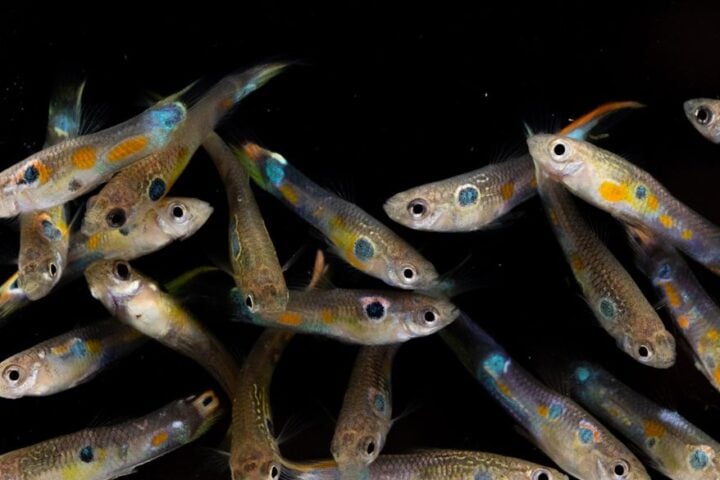
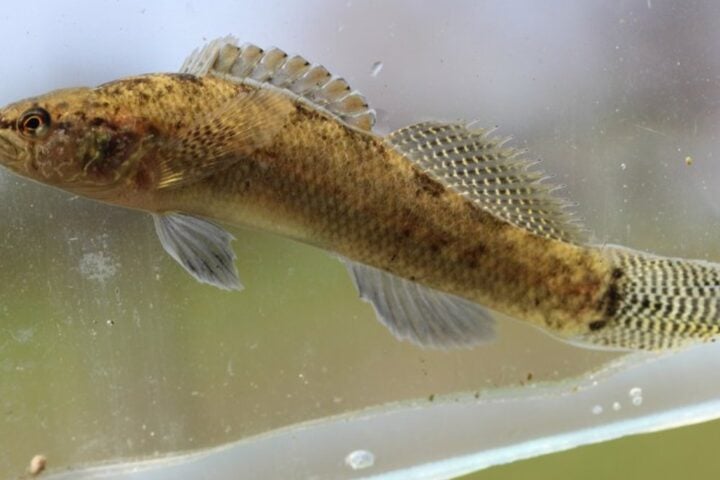
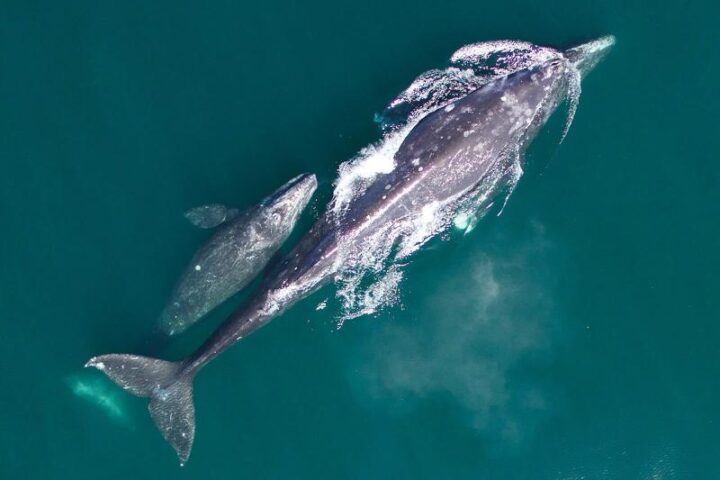
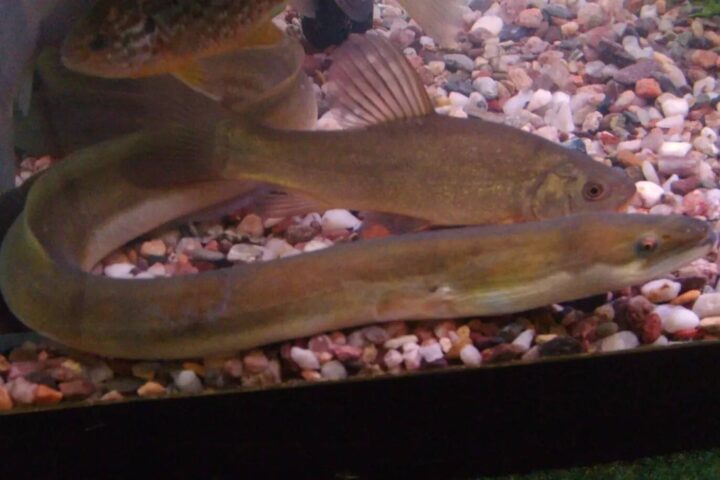
![A male [[Great white shark]] off [[Isla Guadalupe]], [[Mexico]]. Along with many [[Mackerel scad|Mackarel scads]] seen in the background. Photo Source- Terry Goss (CC BY-SA 3.0)](https://www.karmactive.com/wp-content/uploads/2025/06/White_shark-720x480.jpg)
